EDITORIAL
Published on 20 Oct 2022
Editorial: Innovations in coastal erosion risk assessment and mitigation
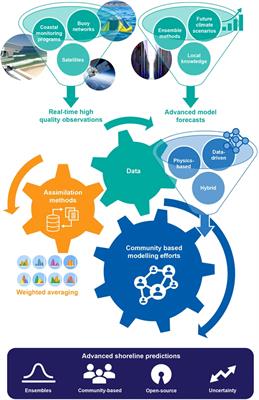
doi 10.3389/fmars.2022.1066989
- 1,339 views
- 1 citation
8,302
Total downloads
49k
Total views and downloads
EDITORIAL
Published on 20 Oct 2022

ORIGINAL RESEARCH
Published on 23 Sep 2022

ORIGINAL RESEARCH
Published on 18 Jul 2022
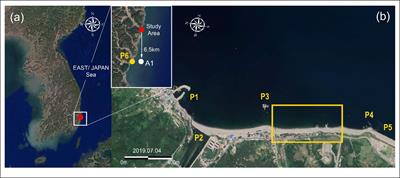
ORIGINAL RESEARCH
Published on 06 May 2022
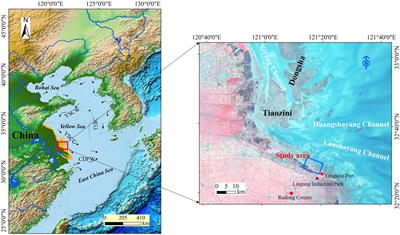
ORIGINAL RESEARCH
Published on 14 Apr 2022
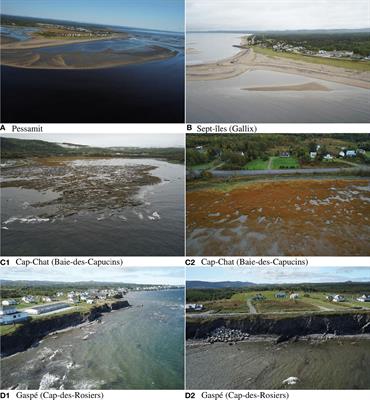
ORIGINAL RESEARCH
Published on 28 Mar 2022
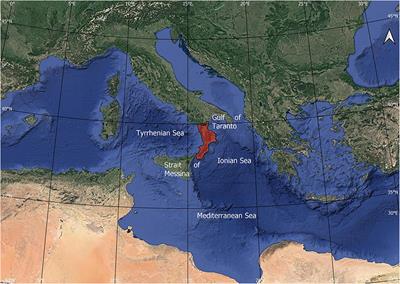
ORIGINAL RESEARCH
Published on 25 Mar 2022
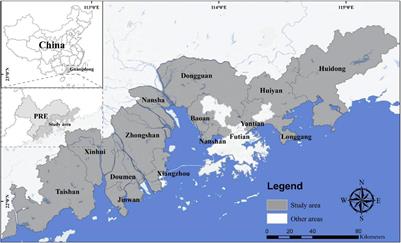
ORIGINAL RESEARCH
Published on 05 Jan 2022
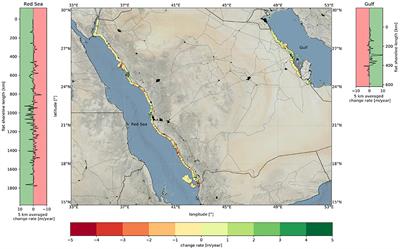
PERSPECTIVE
Published on 20 Dec 2021
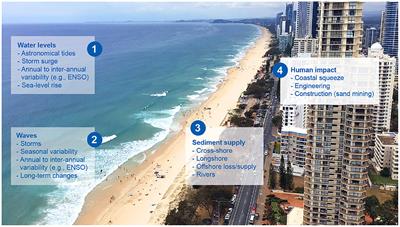
ORIGINAL RESEARCH
Published on 12 Nov 2021

ORIGINAL RESEARCH
Published on 14 Oct 2021
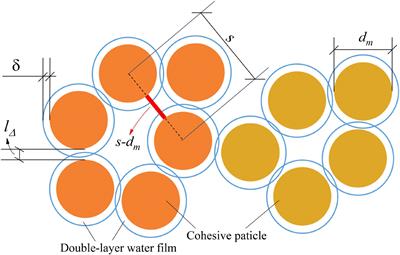
ORIGINAL RESEARCH
Published on 13 Aug 2021
